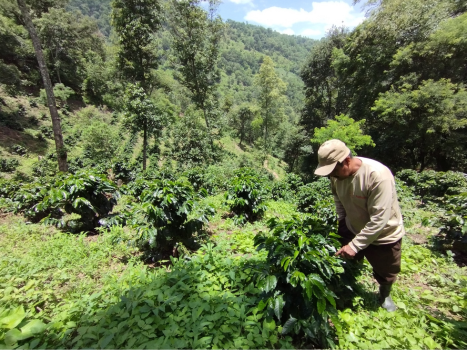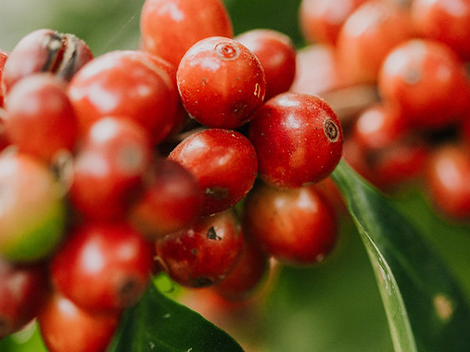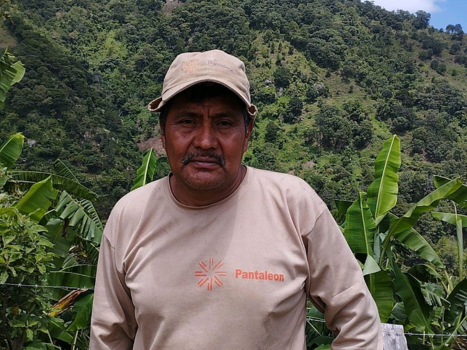Guatemala Lote Especial - Eusebio Primero Garcia (2024 Crop)
About This Coffee


History of Coffee in Guatemala
Although coffee was brought over from the Caribbean in the mid-18th century by Jesuit priests, it was used primarily as an ornamental plant and garden crop for 100 years in Guatemala. Coffee wasn’t widely traded, however, until commercial production began in the 1850s. The volcanic soil and various micro-climates proved ideal for growing coffee in Guatemala. Coffee, within a generation, became the country’s most important crop. In 1860, Guatemala exported 140,000 pounds of coffee, and just 25 years later, the country was exporting over 40 million pounds. Large numbers of coffee farmers were German immigrants responsible for many inventions and innovations related to coffee milling. Most of Guatemala’s coffee was exported to Germany until the First World War, when exports shifted to the United States.
Growing Coffee in Guatemala
Coffee farming practices are similar to other countries in the region, but Guatemala has an abundance of water, volcanic soil, and very distinct micro-climates compared to its neighbors. Although late to coffee, Guatemala recognized and responded to the needs of the emerging specialty coffee sector earlier than most coffee-producing regions. Anacafé, the coffee producers association in Guatemala, identifies seven growing regions: Fraijanes, the plateau south of Guatemala City; Coban, a rainforest region in the center of the country; Huehuetenango, highlands near the border with Mexico; Atitlan, primarily the volcanic mountains on the Pacific side of Lake Atitlan; San Marcos, between Huehuetenango and the Pacific Ocean; Oriente, the driest of the growing regions located near the eastern border with Honduras; and the most famous of all, Antigua, nestled among the volcanoes an hour’s drive southwest of Guatemala City.


- Region Cubulco, Baja Verapaz
- Farm Name Roblar
- Producer Type Single Estate
- Processing Washed
- Processing Description 12hr fermentation, sun-dried on patios
- Bag Type Grain Pro / Ecotact
- Plant Species Arabica
- Variety Catimor, Sarchimor
- Min Growing Altitude 1800m
- On Sale No
- Top Lot No
- Status Spot
- Coffee Grade GTM CA WA SHB
- CTRM Contract Number P612642-2
- Country of Origin Guatemala
- Warehouse Dupuy Houston





